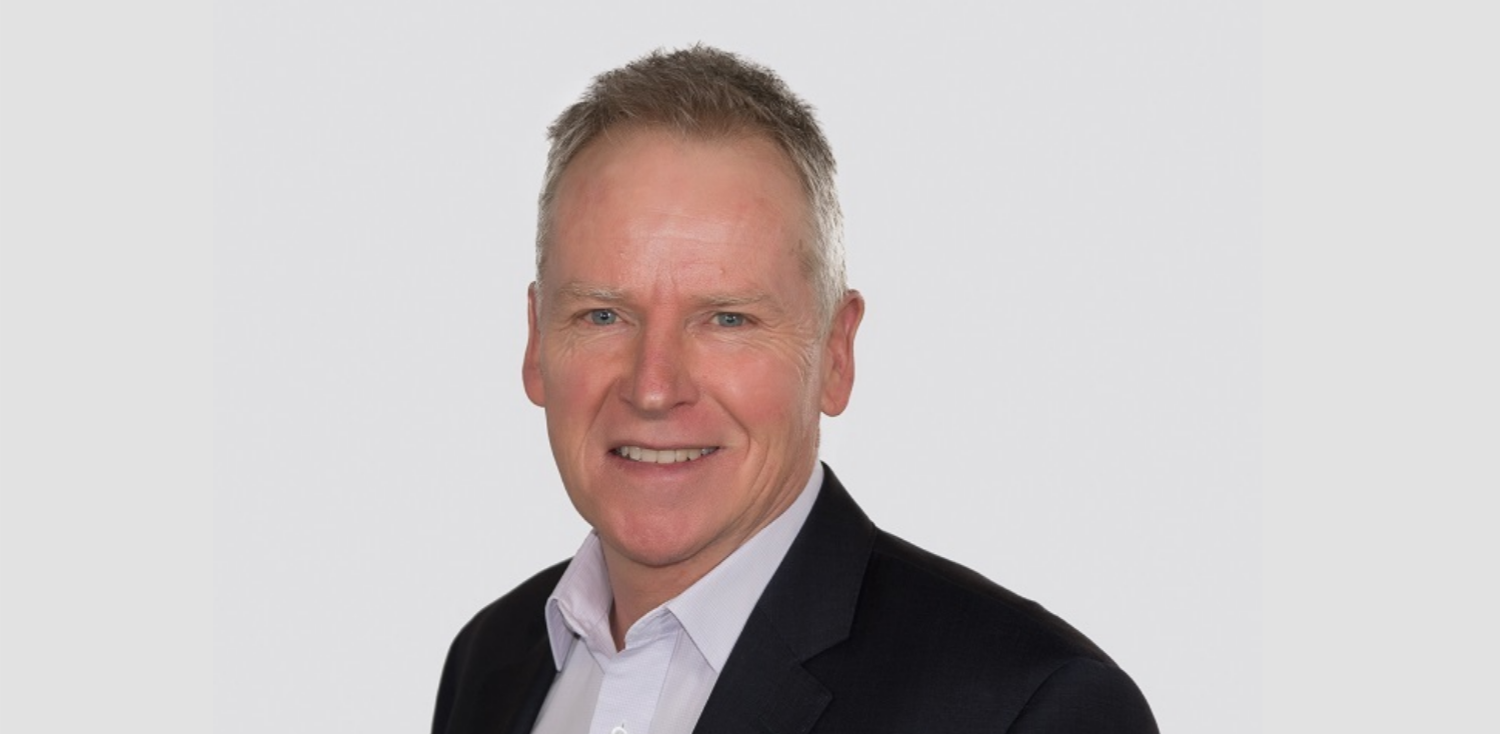When you compare successful leadership teams to functional teams (teams within one business function) you’ll notice four key differences.
Continue readingLeading Edge: July introduction from Marie-Louise Pearson FIML, Chair of the Board
In this edition of Leading Edge, I’d like to highlight ways your Institute is providing support for managers and leaders to sustain performance in a dynamic business landscape.
Continue readingLeading Edge: June introduction from Marie-Louise Pearson FIML, Chair of the Board
Welcome to the June edition of Leading Edge.
Most of you are familiar with the Institute’s vision of creating better managers and leaders for a better society. I think it’s very important to note that this vision is something we continually strive for in everything we do as an organisation. In fact, when we say ‘creating’, it actually means we are supporting, nurturing and building up better managers and leaders, no matter where they are in their career journey. So, in this edition of Leading Edge, I’d like to share how some of our recent efforts provide the support that managers and leaders need at every stage of their career.
Our point of difference as a learning and development provider can be hugely attributed to the way we nurture the leadership skills of professionals at every step of their career. With our Intentional Leadership™: Foundations program, we assist professionals who are new to management to confidently master the core management skills they need to move from ‘doing’ to leading. For managers of managers, we designed the Intentional Leadership™: Accelerate program to empower these senior leaders to influence the way organisations run. We want as many professionals to benefit from these two programs to contribute to the leadership community. So, until 30 June, managers who enrol in either of these two programs will enjoy $500 off the total price. If you know someone who could benefit from IML ANZ’s outstanding programs, please tell them all about it or share the information you’ll find in this newsletter.
The work that IML ANZ does supports not only individual managers but also leadership teams in various organisations. In fact, among the organisations we’ve worked with, some report improved teamwork between their leaders, while others expressed confidence that their managers and leaders are ready to step into more senior roles thanks to the in-house programs that we designed for them. Better leadership skills, the confidence to step up, and a healthy approach to working together are all ways our Corporate Solutions team is bringing our vision to life one company at a time. There are some wonderful examples of the work our team has accomplished. We’ve highlighted them in this month’s edition of Leading Edge.
As workplaces face more issues that affect their teams’ psychological wellbeing, we’ve been busy finding ways to help managers build up the knowledge, awareness, and skills they need to respond to these challenges. Last month, we hosted a hugely successful webinar covering a very crucial topic – gaslighting. If you missed it, you can still catch-up on all the strategies and tips shared on the day by viewing the session’s recording. You’ll find the link to the full video in this edition.
Finally, I’d like to thank all the Members who voted, participated, and attended our recent Annual General Meeting at our Brisbane office and online. I’m thrilled that Michelle Gander CMgr FIML and Scott Martin CMgr FIML will be joining us as Board Members. I’d also like to thank our previous Board Chair John Withers CMgr FIML, and Board Director Stephanie McConachy FIML. They have been integral to the accomplishments achieved by our organisation in a challenging year. As I step into the role of Board Chair, I know that the Institute will continue to create better managers and leaders at every stage of their leadership career.
Marie-Louise Pearson FIML
Chair of the Board
How to recognise and manage gaslighting at work
Learn how to identify gaslighting at work and how to manage and prevent this potentially disastrous and damaging behaviour in your organisation.
Continue readingBack in the office: a leader’s role in rebuilding a culture of confidence
With more companies going back into offices, many organisations are now seeking a hybrid approach to create a healthy and thriving company culture.
Continue readingHow to be ready for whatever the future of management and leadership holds
Managers and leaders can unpick the secrets of tackling future challenges by reflecting on the past and solidifying a lifelong commitment to learning.
Continue readingLeading Edge: March introduction from John Withers CMgr FIML, Chair of the Board
Welcome to the March edition of Leading Edge.
The beginning of any endeavour is always exciting; a new role, a new way of working or even a new year. What’s challenging is maintaining momentum. That’s why in this edition of Leading Edge, I’d like to highlight some of the ways your Institute can help you maintain and develop your leadership skills.
Like so many vital leadership skills, communication is one that we must continually focus on. This month, IML ANZ Members once again joined our highly successful Virtual Development Day, featuring a range of communication topics. In the first instalment for 2021, we unpacked how you can master workplace conversations. The day consisted of several sessions covering topics such as managing disagreements, performance conversations, and how to be assertive. As always, Members enjoyed complimentary access to the day and the session recordings. If you weren’t able to attend the day, I encourage you to watch the recorded practical and insightful sessions that will help us all continue to build our proficiency in workplace communication.
Much like communication, good decision-making also sits at the heart of outstanding leadership. To assist you we’ve created a quick checklist that can help managers remain focused when making tough decisions. This resource, featured in our Accelerate Leadership program, is an excellent tool that can help you or someone you know achieve their goals by making better decisions. You can download this checklist in this edition of Leading Edge.
Creating a robust and diverse community of managers and leaders is another activity that we want to focus on throughout the year. By bringing in new Members into the IML ANZ community, we can increase and enrich our interactions with other leaders through the ideas we exchange, and the connections we can make. To help with this, we’re offering new Members 15 months’ worth of Membership for the price of 12 months. As an incentive, if you refer someone in your network to join the Institute, we’ll give you a complimentary copy of either Leadership Matters: 7 skills of very successful leaders or Leading Well: 7 attributes of very successful leaders. You’ll find more information in this edition of Leading Edge.
Finally, following a year of so much change for many of us, it can be easy to lose track of our personal information that needs updating. To assist us in providing you with the most relevant resources and delivering them in the way that suits you best, I’d ask that you take a few minutes this month to check your personal details that we have recorded in our member data. You’ll find a convenient, personalised link in this edition that you can easily update.
Regards,
John Withers CMgr FIML
Chair of the Board
How upskilling can futureproof your business, your people and yourself
Today, managers can only lead inclusive and sustainable organisations when they prioritise upskilling, according to Tim Rawlings, Director and Head of Training Product Development for PwC’s Skills for Australia.
Continue reading9 practical steps to develop high-performing teams
Leadership coach and advisor, Shannon Cooper, suggests nine practical ways for managers to create high-performing teams.
Continue reading










